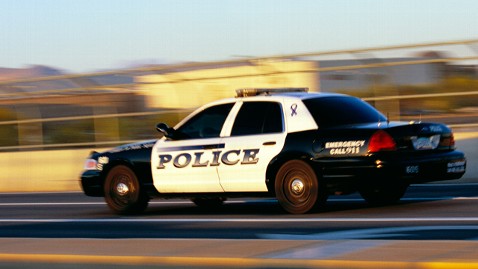What Happens When You Call 911 for Dumb Reasons
From a philosophical reaction to pot brownies, to complaining about an uncommitted boyfriend, 911 dispatchers have handled their fair share of ridiculous non-emergency calls.
The Washington County Dispatch in Oregon has decided to do something about it. Their agency is debuting a brand new campaign called 'You Called 911 For That?!' to educate people about when to not call 911.
Each week, the WCCCA will publish the most ridiculous use of the 911 system from calls that were answered by emergency dispatch.
This is the first week of the campaign, and Dispatch Agency Spokesperson Mark Chandler said in just one week they had about 10 calls in the "ridiculous" category that qualified for the title of most absurd.
The winner for best/worst non-emergency was a person calling to report that his debit card wouldn't work at a gas station. The runner-up was a woman reporting a person smoking a cigarette on a train platform.
Washington Dispatch agency spokesman Mark Chandler says most people understand the proper use of 911, but because of limited 911 lines and operators, the agency is not equipped to handle the large number of non-emergency calls or general information requests.
"You should only call 911 if there is an emergency involving your life or property," Chandler told ABC News today. If a crime had taken place where no emergency vehicle is needed, Chandler recommends calling your local police station.
"For instance, someone was calling to ask if the trailer they were looking to purchase had been stolen previously," said Chandler. "That's obviously an important question but one that you'd call your local police department for, rather than tying up the 911 emergency lines."
The program 'You Called 911 For That?!' was inspired by a similar series in Vancouver, where the police department released a Most Absurd Calls list of 2013. The article received national attention in Canada, which prompted Chandler to consider it for Washington County.
Chandler hopes this program will help his dispatch team find ways to better direct callers to their local police station.
"We can't have lines tied up with non-emergency calls when someone is on hold in a real emergency trying to assist someone with CPR," said Chandler.
